Safari
Safari, in Swahili, means “vacation” and it is the quintessential experience when visiting Africa. Your wardrobe will be contingent upon what season you visit, between rainy and dry seasons. For the rainy seasons, a downpour is never ruled-out so it is imperative that you bring quick-drying clothes and lightweight raingear, as well as hiking shoes that you are not afraid to get muddy. Nights during both the rainy and dry seasons can become chilly, so be sure to pack long sleeve shirts, sweaters, and pants. Layering is your friend, as layers can always be taken off as the day progresses and gets warmer. A daypack is also advised to keep valuables close to you while not obstructing movement or getting in the way.
Beaches
The African coastline is a haven of beautiful beaches and resorts, from Zanzibar to South Africa. There are many beaches that lay in countries that practice Islam and Christianity, and so it's best to plan to dress conservatively - even at the beach. One-piece bathing suits and swimsuit cover-ups are always a safe bet. Resorts usually have private beaches, in which case it is not necessary to be as conservative, but it's always a good idea to ask the front desk if you have any doubts about how to dress appropriately.
Religious Sites
Africa as a continent is rich in beauty and culture, and religion is a major driving force behind those factors. The most prominent religions are Christianity and Islam, while more traditional African religions differ but have been strongly influenced by the two. When visiting mosques or any other traditional Islamic sites, it is important that you fully cover your shoulders and have garments that fall to at least your ankles. For women, it can also be necessary to wear a headscarf. Visiting churches requires less modesty, but it is still advised that you have a least your shoulders covered and pants/skirts that fall below the knees. For both mosques and churches, you should wear closed-toed shoes to not offend anyone. The severity of these traditions varies by location, so it is recommended that you consult with a local guide about what is appropriate before visiting any religious sites.







































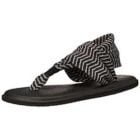













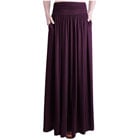
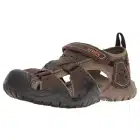

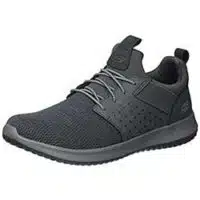






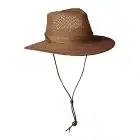
 The climate throughout the huge continent spans many different types, so research is needed to see exactly what you are dealing with once you’ve booked your precise location. Seasons vary widely on each side of the equator, and rainy/dry seasons vary from each region.
The climate throughout the huge continent spans many different types, so research is needed to see exactly what you are dealing with once you’ve booked your precise location. Seasons vary widely on each side of the equator, and rainy/dry seasons vary from each region.





